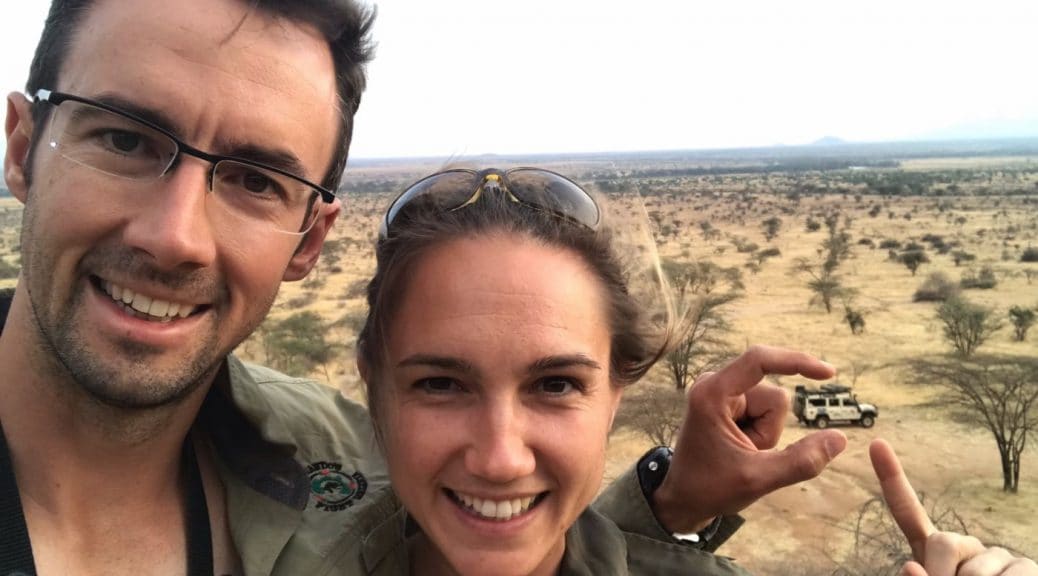Following an epic year-long journey through Africa, conservationist couple Michelle and Grant show no signs of slowing down. Tracks4Africa caught up with the pair to learn more about their conservation work, eco travel tips and upcoming projects.
In 2018, Michelle Campbell and Grant Pengilly, the duo behind Wild Wonderful World, clocked in more hours on the road than many do in a lifetime. Fuelled by a thirst for adventure and a passion for nature, they embarked on a year-long expedition through Africa with the goal of providing hands-on assistance to the conservation projects that need it most.
Their journey lasted 393 days, took 19,042km to complete and involved 10 conservation projects across 9 countries. From training anti-poaching squads in Zimbabwe to caring for elephant orphans in Kenya, these expert field guides are on a mission to protect Africa’s wild places.
Also read: A wild and wonderful expedition with a difference
What are the challenges and rewards of being travelling conservationists?
Our biggest challenge was connecting to the right projects as we wanted to offer our skills where they were most needed, not just be voluntourists. For example, we did some work with an anti-poaching unit in Zimbabwe. Coming from military backgrounds, they were skilled at dealing with poachers but knew little about wildlife. We spent a week teaching them how to read tracks and signs. We found tracks of aardvark, honey badger and serval – all species they never knew existed there! To this day, the scouts send us pictures of tracks they have seen. The rewards make it all worthwhile.
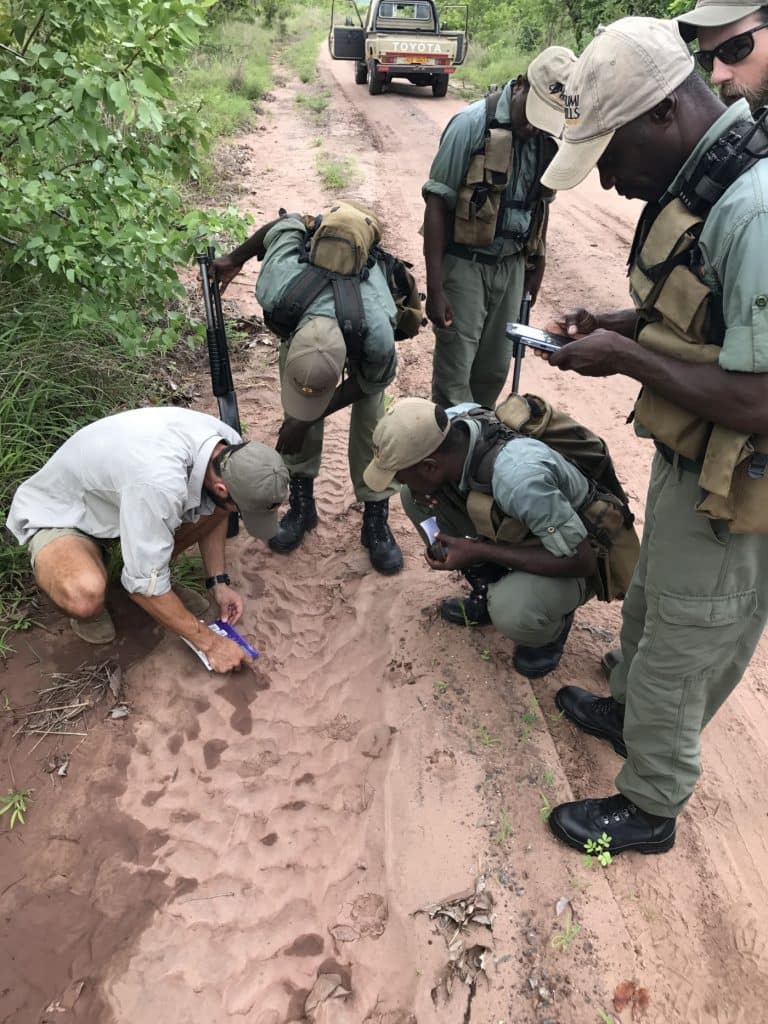
Which national parks and conservation projects will you return to, time and time again?
All of the projects we worked on hold a special place in our hearts and there is no doubt that we will return to all of them! As for national parks, Botswana’s Moremi and Chobe never cease to offer exceptional wilderness experiences. Some of our other favourites include Samburu National Park in Kenya and Bwindi Impenetrable National Park in Uganda. The journey to get to both of those reserves gave us that real “explorers” feeling and the game viewing was second to none. We would also definitely return to South Luangwa. Unfortunately, we visited during one of the quieter seasons for game viewing, but the diversity of the area was incredible and we would love to see more.
What do you know now about overlanding in Africa that you wish you had known before hitting the road?
That travelling into Africa isn’t the same as travelling to the other side of the earth – you don’t need to take EVERYTHING with you! There are villages and shops all over the place, food is easily accessible (good meat maybe less so), as is basic equipment. After rearranging our whole packing system a few months into our trip, we now understand the importance of packing practically to make frequent-use items more accessible. We also wish we had prepared better for rainy weather. We would have used a wrap-around awning to give us more space to move and allow us to access the back of the car without getting soaked!
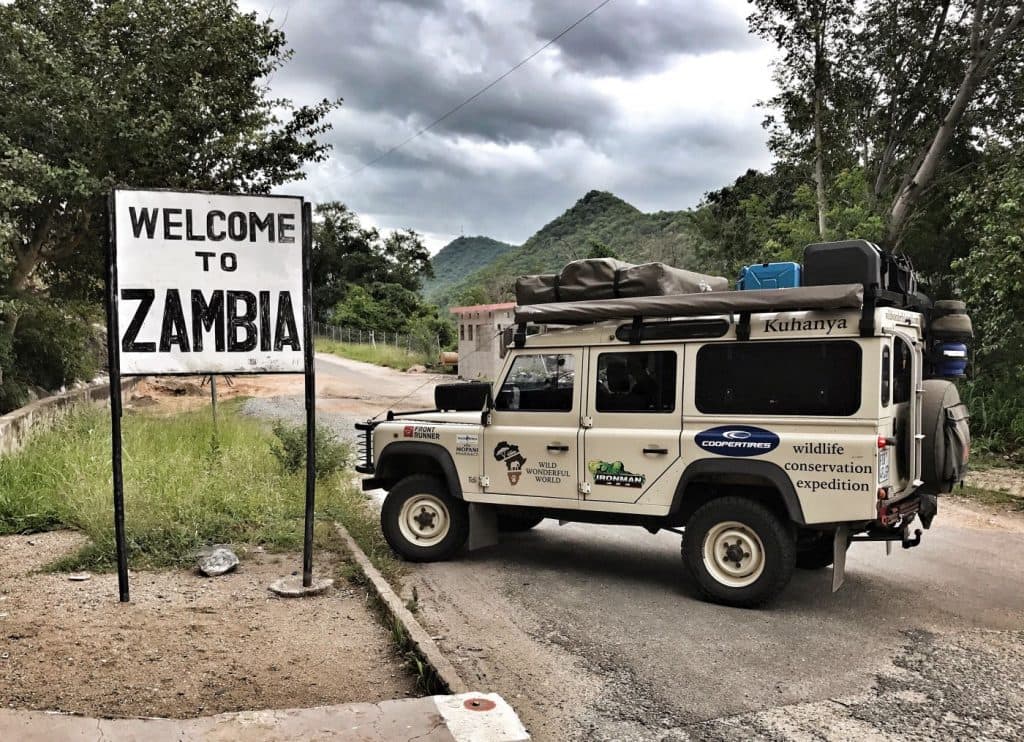
You’ve gone off the beaten track to some of Africa’s most remote places. Can you tell us about a time a map got you out of trouble?
Most of the roads we drove were dirt roads in the middle of nowhere. Sometimes, it was hard to know which was the main road and which was a sidetrack going somewhere else altogether! We were so reliant on our Tracks4Africa GPS maps. Even if the road wasn’t marked, which was rare, Tracks4Africa still helped us head in the right direction. In Samburu National Park they didn’t have maps of the reserve, so our GPS was invaluable for navigating the park. There were certainly a few hairy moments, mainly in Uganda, where the road was either washed away or completely blocked. Once again, the T4A GPS maps came to the rescue and we plotted alternative routes.
Buy now: T4A downloadable GPS maps
What practical tips do you have for people who want to minimise their environmental impact while on the road?
Stick to established tracks, don’t go off-roading for sightings and avoid muddy patches. Minimise wheel spin by using differential locks to avoid tearing up the roads, which leads to bad erosion. Look out for tortoises and other animals on the road. A big one would be to avoid purchasing cheap charcoal along the side of the road as the locals burn indigenous forests in order to make it. Lastly, don’t entertain the people who try to show you animals, for example, the colourful chameleons in Uganda. As guides, we would have loved to see these new species up close, but we didn’t want to encourage poaching.
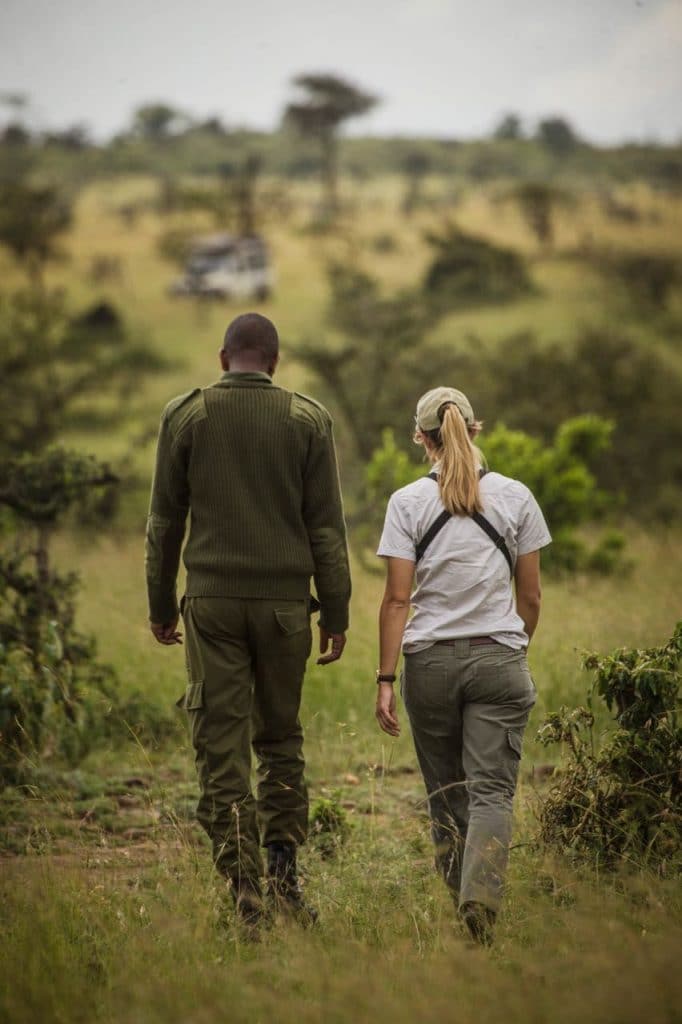
What advice do you have for couples wanting to undertake a long-distance self-drive journey together?
Quiet time is important, especially since you’re living in such a small space and spending so much time together. Remember to keep your cool with each other in stressful situations as getting upset only makes the situation worse. You’re in it together. Grant’s favourite…keep tidy! Overland travel can be hugely stressful, so it’s important to step back every so often, appreciate the journey and have fun.
What memory from your 2018 journey will you carry with you forever?
It would be impossible to highlight just one memory. However, one thing we didn’t expect to affect us as much as it did was the exposure to the simplicity of life away from what we are used to: a life of minimal belongings, limited access to things we usually take for granted and living among people who eke out the most basic of existences. It has totally changed how we think about life and made us realise what really matters.
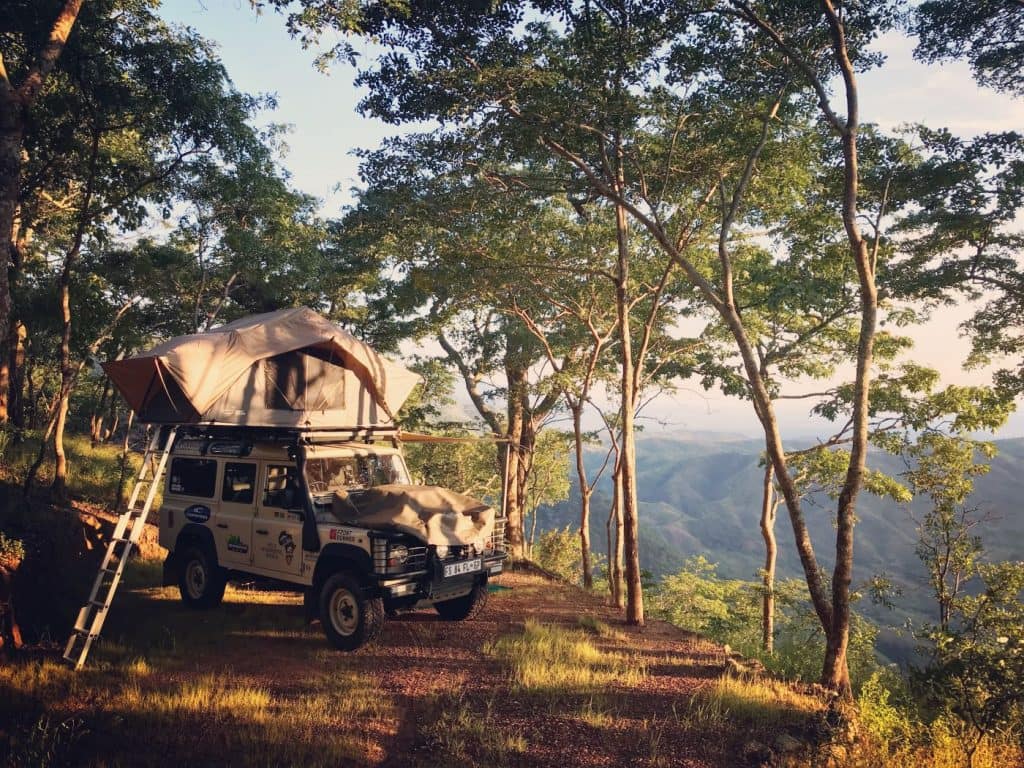
What have you got in store for 2019?
At the beginning of the year, we formalised Wild Wonderful World into a company and are now focusing on connecting people across the world to conservation projects in Africa.
World Wildlife Day (15 May) sees the launch of Let’s Go on Safari, a book that invites kids to experience the thrill of a safari and discover how they can help save endangered animals along the way.
Also read: Can you travel Africa with small children?
Michelle, your co-author was 8-year-old Kate Gilman Williams. How did the project come about?
I first met Kate in 2017 on a family safari in Sabi Sand when I acted as their guide. We had some great discussions about wildlife and Kate and her family were shocked to hear about rhino poaching and the threats facing wildlife in Africa. After they returned home to the States, Kate asked if I wanted to write a book with her. We really hope Let’s Go On Safari is a success, mainly because all the proceeds will go towards support for conservation, but the more kids we can reach, the better!
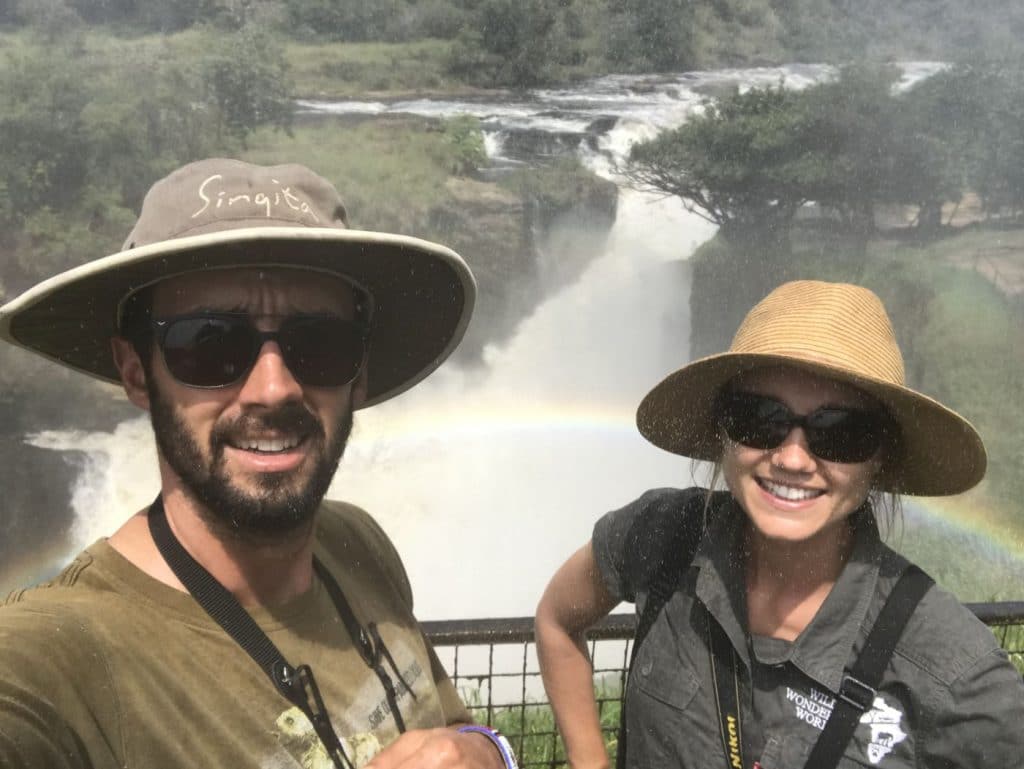
Travel Africa with confidence using one of T4A’s self-drive guidebooks. The latest editions feature detailed maps, suggested itineraries, and updated accommodation and camping information.
